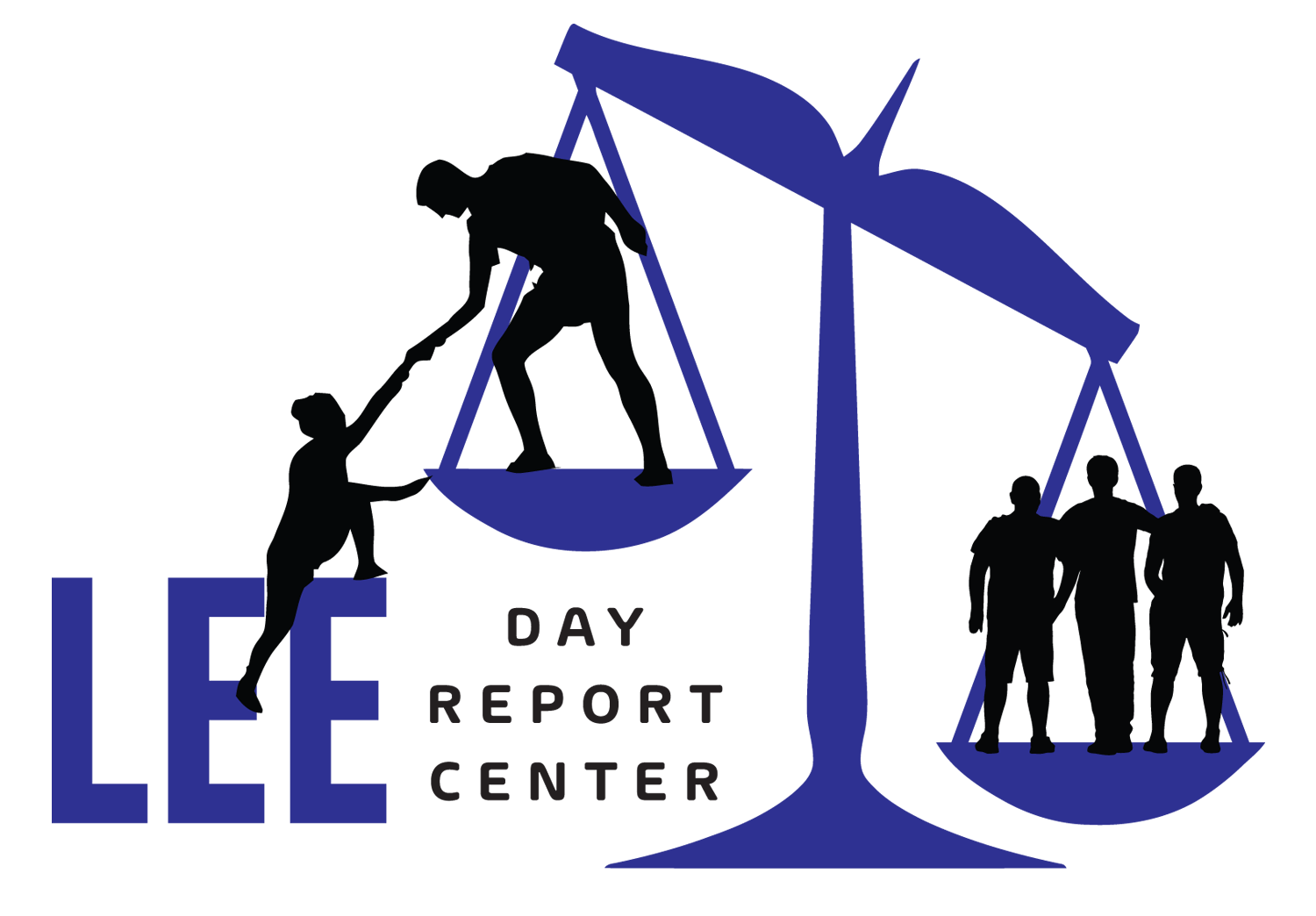WELCOME TO
Lee Day Report Center
Mission
The Lee Day Report Center (LDRC) is dedicated to providing an array of services to help offenders gain skills necessary to function as viable members of society. Simultaneously, the center pursues a zero tolerance policy for offenders who violate the law and/or LDRC rules and regulations. Balancing service delivery and sanctions is our key to successful programming.
Vision
To be recognized as an innovative leader in providing quality supervision and treatment services to those involved in the criminal justice system.
Philosophical Foundation
The LDRC is a community-based correctional program derived from the philosophy of Community Restorative Justice (C.R.J.). Community Restorative Justice seeks to provide a means by which victim, offender, and community address the problem of crime. CRJ does not attempt to dictate to a community how crime should be addressed; it attempts to provide structure and processes that enable the victim, the offender, and the community to address the crime problem in their particular community from their respective social and cultural perspectives.
Lee Day Report Center & Community Restorative Justice
The LDRC’s role in Community Restorative Justice involves carrying out the dual purpose of imposing sanctions on and providing services to offenders. From this dual purpose stems the overarching responsibility of supervising offenders in the community while at the same time providing services that are tailored to the needs of each offender. The supervisory role entails coordination between the LDRC staff, probation officers, and home incarceration officers to monitor the actions and whereabouts of offenders. Home incarceration provides for offenders to be monitored 24 hours a day, 7 days a week. The ultimate goal of the LDRC’s role in Community Restorative Justice is providing offenders with the necessary structure and guidance to facilitate a productive and healthy lifestyle and, for those being released from incarceration, to provide a smooth transition of re-entry into the community. This facilitation involves both sanctions and services.
